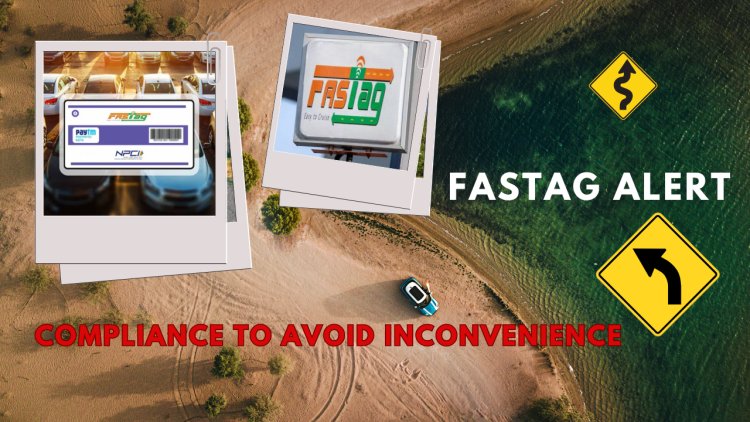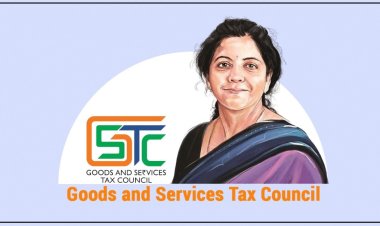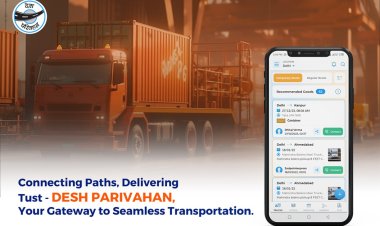FASTag Alert: October 31 Deadline for Compliance to Avoid Inconvenience
FASTag Alert: Ensure compliance by October 31, 2024, to avoid inconvenience. Update KYC details and replace old FASTags to meet the new regulations and ensure smooth toll transactions.

As we step into a new era of regulations and advancements in the realm of electronic toll collection, it is imperative for every FASTag user in India to be well-versed with the latest updates that will come into effect from August 1, 2024. The National Payments Corporation of India (NPCI), the governing body behind the FASTag system, is set to introduce a series of new rules aimed at enhancing the efficiency of toll collection and ensuring a seamless experience for users on national roadways.
The primary objective of the new regulations is to streamline the functionality of FASTag, thereby reducing congestion at toll plazas and optimizing the overall toll collection process. To achieve this, it is essential for every FASTag user to adhere to the prescribed guidelines and complete the necessary procedures by the stipulated deadline of October 30, 2024.
Here is a comprehensive overview of the key changes that will come into effect and the actions that FASTag users need to undertake to ensure compliance:

1. Mandatory KYC Update Every Three Years:
To maintain the integrity and security of the FASTag system, users will be required to update their KYC details every three years. This includes providing updated personal information and documentation as per the guidelines specified by the FASTag service provider. Failure to comply with this mandatory requirement may result in disruptions during toll transactions and could lead to additional verification processes at toll plazas.
2. Replacement of Five-Year-Old FASTags:
If you are currently using a FASTag that is five years or older, it is time to consider replacing it with a new tag. This is essential to ensure the seamless functioning of the toll collection system and to avoid any issues related to outdated or malfunctioning tags. FASTag users are advised to contact their service provider and initiate the process of obtaining a new tag before the deadline.
3. Double Toll for Vehicles Without FASTag:
In a bid to promote the adoption of FASTag and discourage cash transactions at toll plazas, vehicles without a valid FASTag will be subject to paying double the toll amount. This stringent measure is aimed at incentivizing users to embrace the convenience and efficiency offered by electronic toll collection, thereby reducing traffic congestion and wait times at toll booths.
4. One Vehicle, One FASTag Rule:
As per the new regulations, the 'one vehicle, one FASTag' rule will be strictly enforced to prevent misuse and unauthorized use of FASTags. Each vehicle must be associated with a unique and registered FASTag to ensure accurate toll collection and compliance with the prescribed norms. Users with multiple vehicles are required to obtain separate FASTags for each vehicle to avoid penalties and potential violations.
In addition to these rules, the NPCI has also outlined specific instructions for FASTag providers to adhere to, including databank verification and photo uploads to enhance the security and authenticity of the system. It is imperative for both users and service providers to collaborate and ensure the smooth transition to the new regulations for a seamless toll collection experience.
In conclusion, the upcoming changes in the FASTag system signify a progressive step towards modernizing toll collection processes and enhancing the overall user experience on national roadways. By proactively complying with the new rules and regulations, FASTag users can contribute to the efficiency and effectiveness of electronic toll collection, ultimately leading to a more streamlined and hassle-free travel experience on India's highways. Let us embrace these advancements with readiness and commitment to driving towards a more connected and technologically-empowered future.

 Editor
Editor 




























